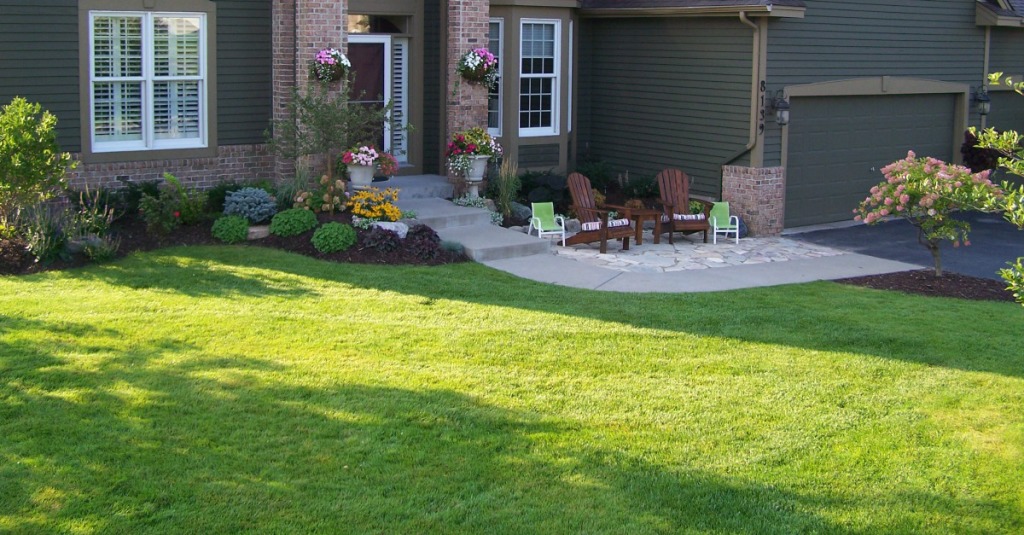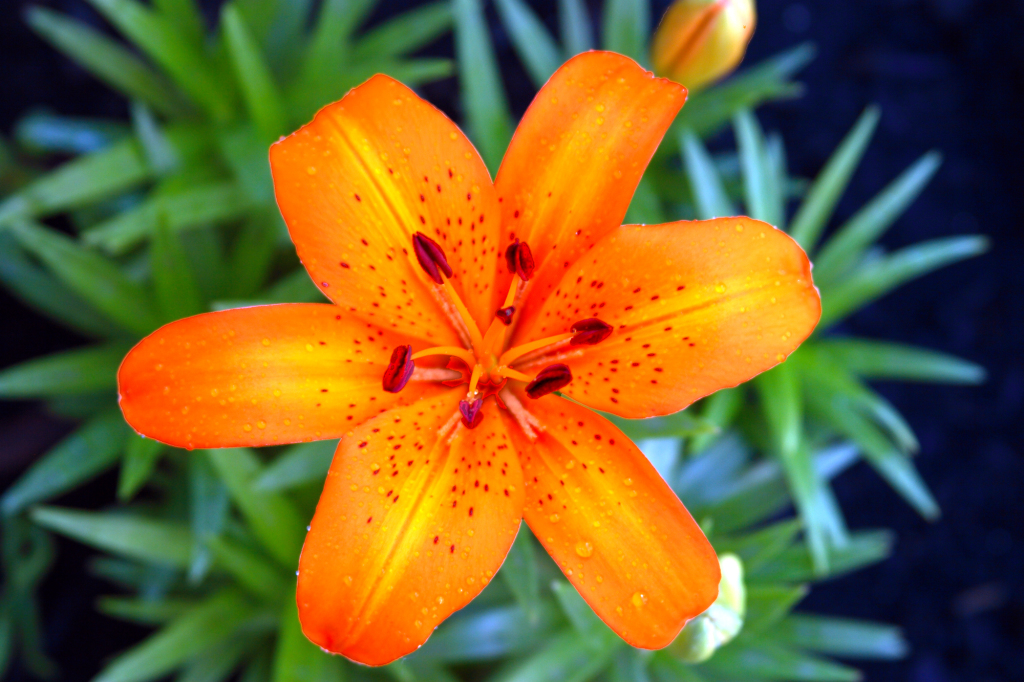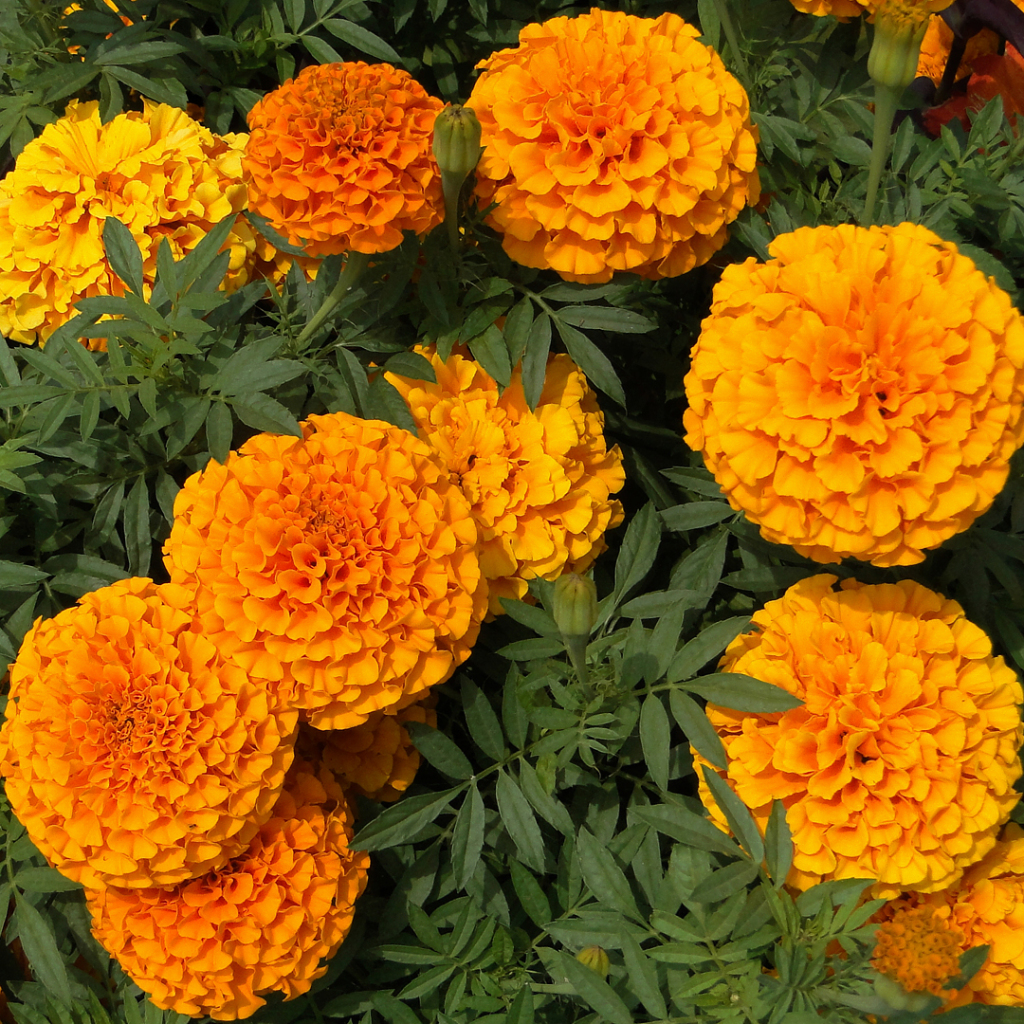
With organic lawn care, your grass will be signing your praises.
What would your grass say if it could talk? If you’re like most homeowners, your grass would be begging you to lay off the chemical fertilizers and pesticides and start taking care of it a little more naturally. Organic lawn care is gaining popularity, and it’s easy to see why.
A lot of homeowners assume that if they give up their standard lawn care products, they’re going to have to spend at lot more time working in their yard and still won’t be able to get the results they want.
That simply isn’t true. With natural, organic lawn care, homeowners can grow a lawn that doesn’t rely on chemicals and is much more sustainable in the long run.
Why bother?
With the amount of time your children and pets spend playing outside in your lawn, you want it to be a safe place for them. Chemical based fertilizers and pesticides might show quicker results, but with the harm they can cause to people, pets and the environment, many homeowners are moving to natural lawn care. By going organic with your lawn care, you can create a healthy, lush lawn that is more sustainable over the long term.
Make your lawn sing your praises using organic lawn care
- Do a soil test
A quick soil test will tell you what nutrients your soil is missing and which organic microorganisms you should add. - Start composting
Spreading a thin layer of compost over your lawn will have a huge impact on the quality of your soil and the health of your grass. Use either store bought compost or compost you’ve developed from kitchen and yard scraps. If you add a layer of compost to your lawn every year, your grass will be singing your praises from now until fall – promise! - Look for a better grass
All grasses are not created. If you’re replacing your lawn or interested in overseeding, choose a native or organic grass seed that will thrive in your area. Chat with your local extension office or with the staff at your local garden store to see what they would recommend for your area and soil conditions. - Managing weeds
I hate to admit it, but switching to organic lawn care might cause an increase in weeds the first year or two until your grass gets strong enough to fight them off itself. In the mean time, try spreading corn gluten meal over your lawn in the spring for organic weed prevention, or if you just have a few isolated weeds popping up, get rid of them quickly by pulling them by hand. - Care and maintenance
When it comes to mowing, know what length your type of grass prefers and resist the temptation to cut it shorter. If it’s too short, it won’t be able to develop the strong, healthy roots needed to fight off weeds and disease. When it comes to water, water infrequently and deeply to encourage root development.



 Contact 612-483-GOAT
Contact 612-483-GOAT